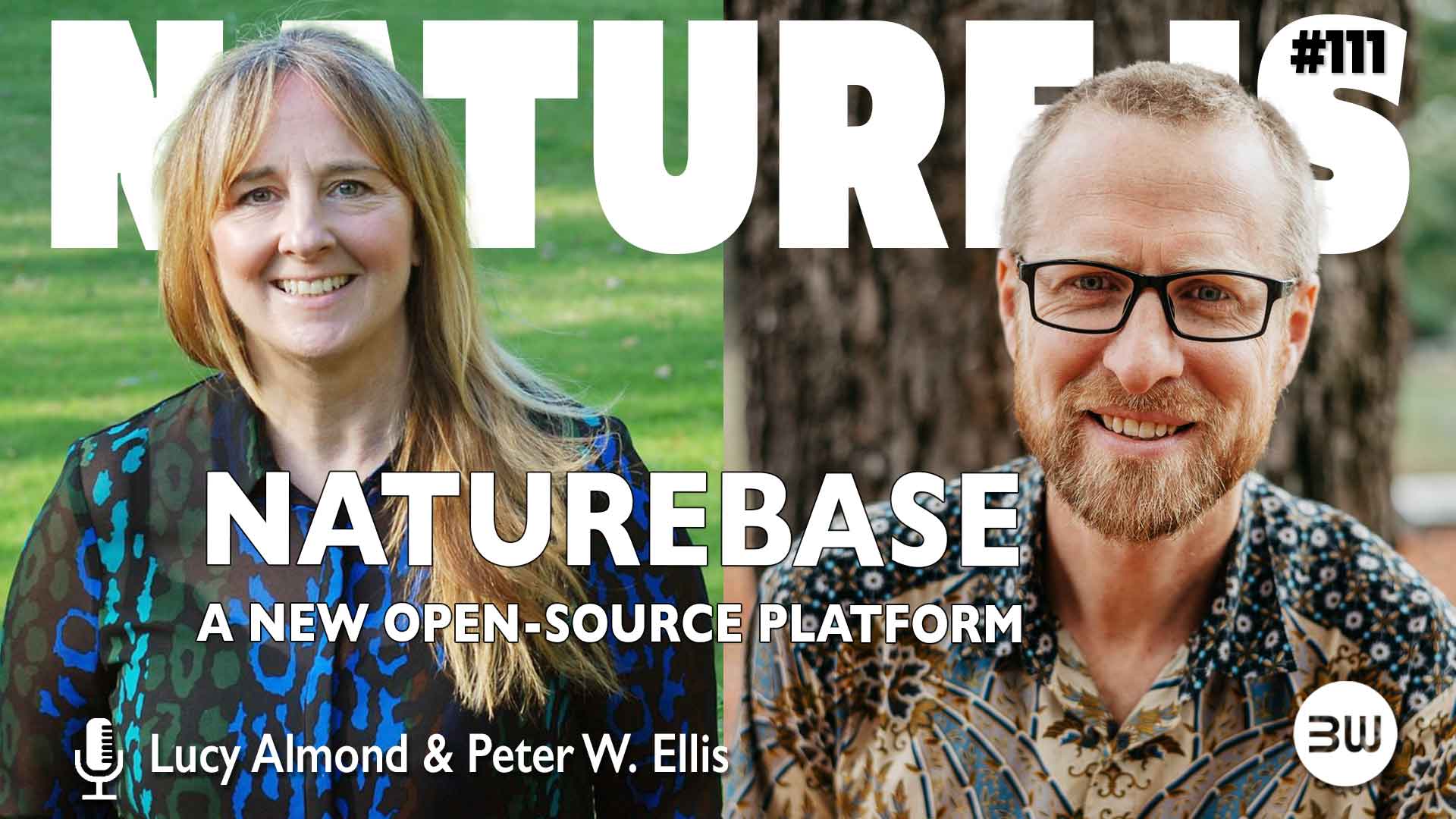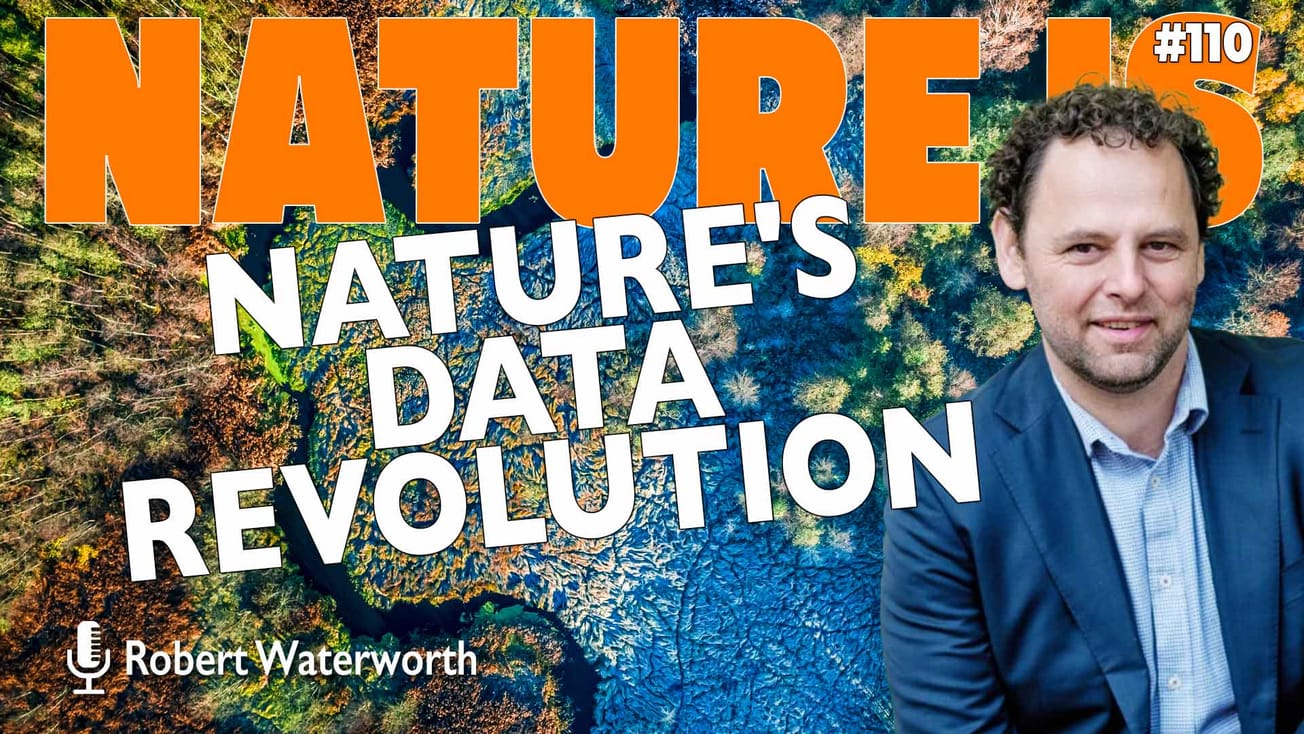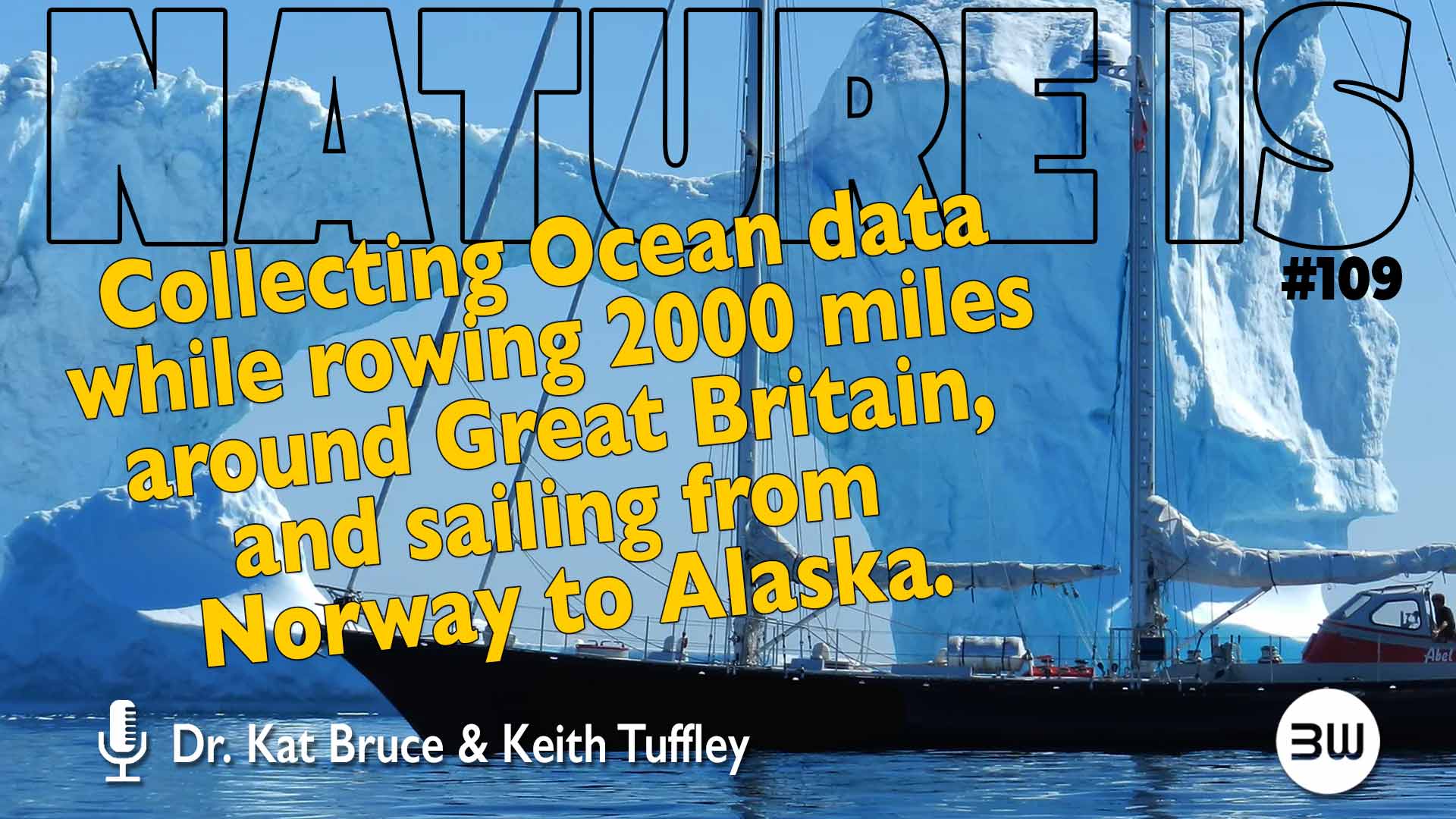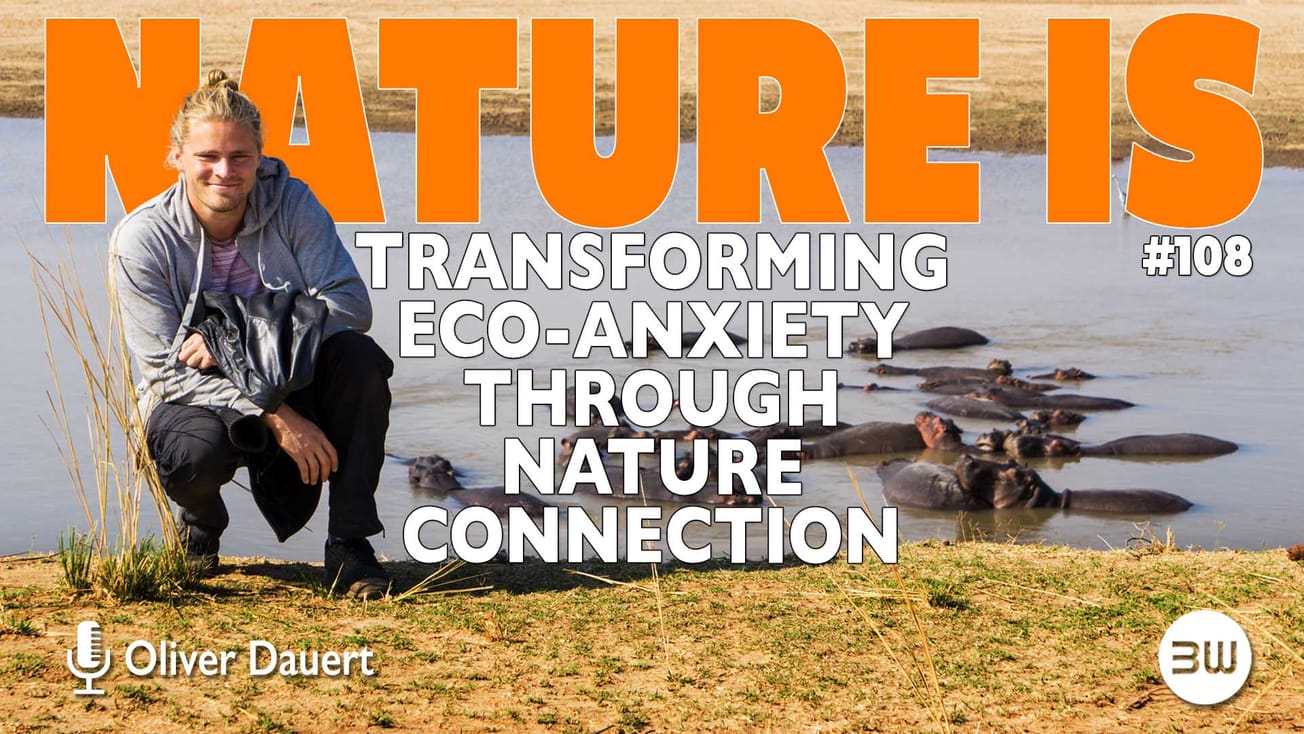Every business has both dependencies and impacts on nature. How would businesses and financial institutions operate differently if the full impact of their operations on natural resources were considered? And what risks stem from those dependencies? The future resilience of cashflows depends on the resilience of nature.
This Season’s final episode of NATURE IS delves into this dynamic, nature's critical role in our global economy, and how businesses can better account for their dependencies and impacts on the natural world and the corresponding risks and opportunities to their business. To explore this topic, we had the pleasure of hosting Tony Goldner, the Executive Director of the Task Force on Nature-related Financial Disclosures (TNFD).
As Tony helps us understand, TNFD's mission is to bring nature onto the balance sheet, into the risk registry, and corporate reporting of businesses and financial institutions worldwide. In our conversation, Tony notes, "Every business in the world depends on nature. And if we don't deal with the nature crisis and don't manage to restore the resilience of nature, then the resilience of business will be compromised."
The TNFD, established in mid-2021, is a cross-sector initiative to integrate nature-related risks and opportunities into corporate reporting. The framework comprises four pillars: governance, strategy, risk and impact management, and metrics and targets. This structure, borrowed from the Task Force on Climate-related Financial Disclosures (TCFD), provides a comprehensive approach for businesses to assess and manage nature-related risks and opportunities building on their existing climate-related assessment and reporting.
Following London Climate Week, over 400 companies have now committed to starting their TNFD reporting. This rapid adoption is the product of growing regulatory interest and investors' growing demands for transparency on nature-related risks.
As with all paradigm shifts, there are challenges. A key one for stakeholders is unfamiliarity with the concepts and language surrounding natural capital. To that end, navigating the language of nature is required. After decades of integration, the climate change movement equipped businesses with a new language; a similar effort is needed now for nature.
Vocabulary aside, the twin challenges of data and capability are widely perceived to be barriers companies face when beginning their TNFD journey. Tony pointed out that many organizations feel overwhelmed with climate reporting and are hesitant to add nature-related reporting to their workload. Additionally, while a wealth of nature-related data is available, businesses often need help accessing and interpreting it.
To confront these challenges, TNFD offers tools and guidance to help companies get started, emphasizing the importance of beginning the process, starting with assembling internal asset location data and understanding the types of ecosystems where their operations are based. The perfect should not be the enemy of the good, and the merits of starting with a commitment to course correcting is most practical given the urgency of the nature and biodiversity crisis.
Looking ahead, integrating nature-related considerations is an opportunity for businesses to innovate. Those enterprises that apply a nature-centric lens will ensure the long-term resilience of their business models and can do so by pursuing exciting new frontiers for business like biomimicry, circular economy, and new investment models.
Enjoy the episode, and please share, like, and comment!













